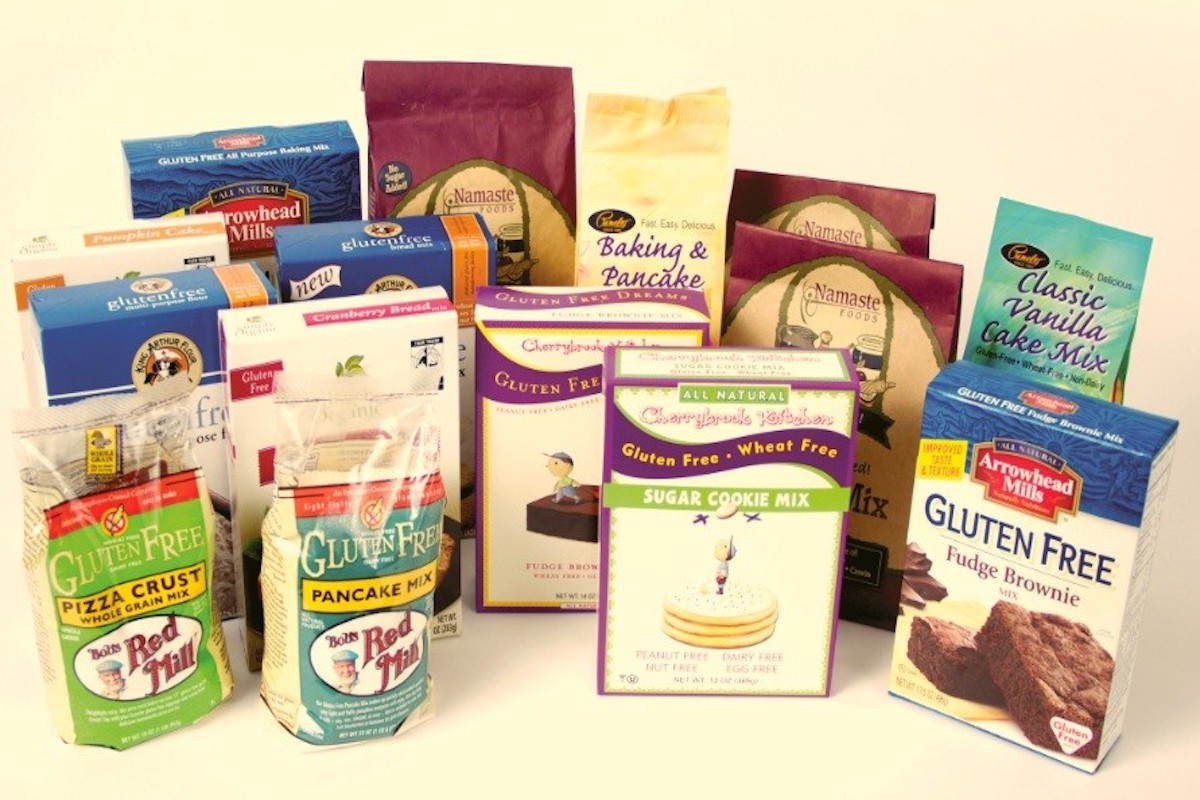#24 Gluten-free Products
Gluten-free products have gained popularity, especially among individuals with gluten intolerance or celiac disease. While these products can be a suitable option for those with specific dietary needs, it’s important to understand their potential drawbacks. Many commercially available gluten-free products are highly processed and may contain added sugars, unhealthy fats, and artificial ingredients to compensate for the lack of gluten. These additives can negatively impact the nutritional quality of the product and may contribute to health issues if consumed excessively.

When selecting gluten-free products, it’s crucial to read the ingredient labels carefully. Look for products with minimal added sugars, unhealthy fats, and artificial additives. Opting for products made with whole, naturally gluten-free ingredients like fruits, vegetables, lean proteins, legumes, and whole grains (such as quinoa or brown rice) can provide a healthier alternative. Additionally, incorporating a variety of these whole foods into your diet can ensure a more balanced and nutritious approach.
While gluten-free products can be a helpful option for individuals with gluten intolerance, it’s important to remember that they are not inherently healthier than their gluten-containing counterparts. Gluten-free products should not replace a well-rounded diet that includes a variety of whole foods. Focus on consuming whole, unprocessed foods as the foundation of your meals, and use gluten-free products as occasional treats or alternatives when necessary. By incorporating a diverse range of nutrient-dense foods into your diet, you can maintain a balanced and nutritious eating plan.

